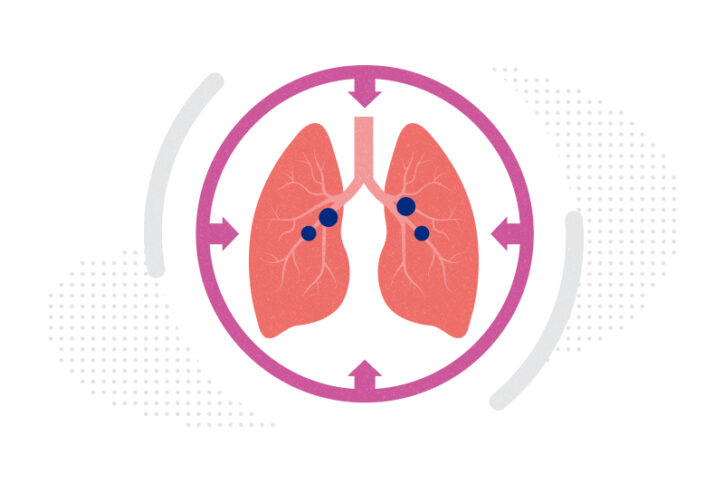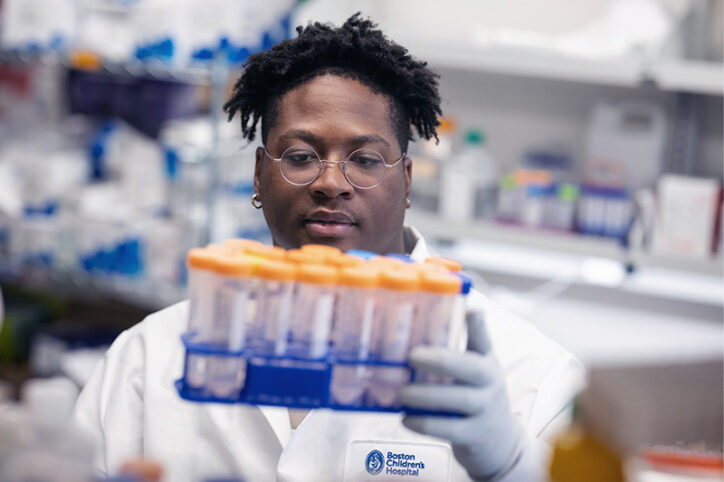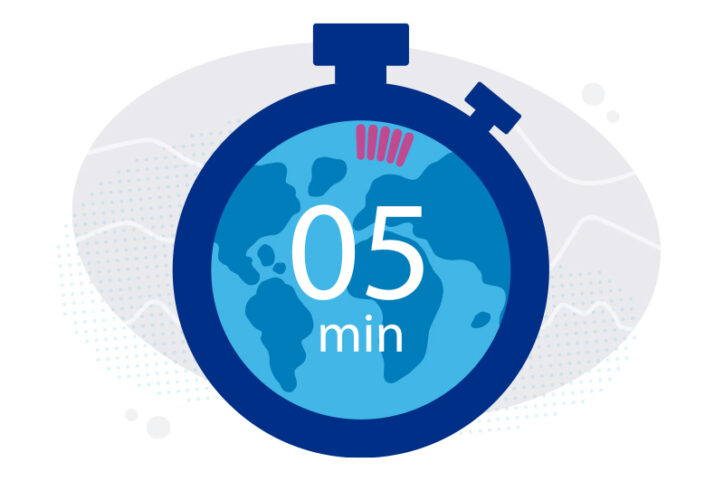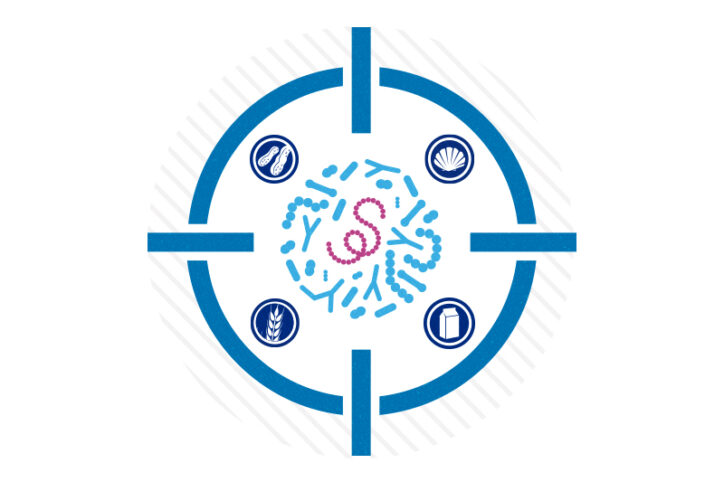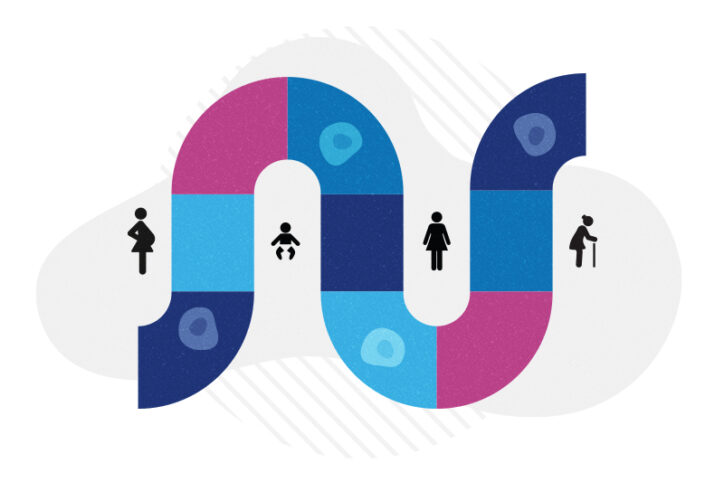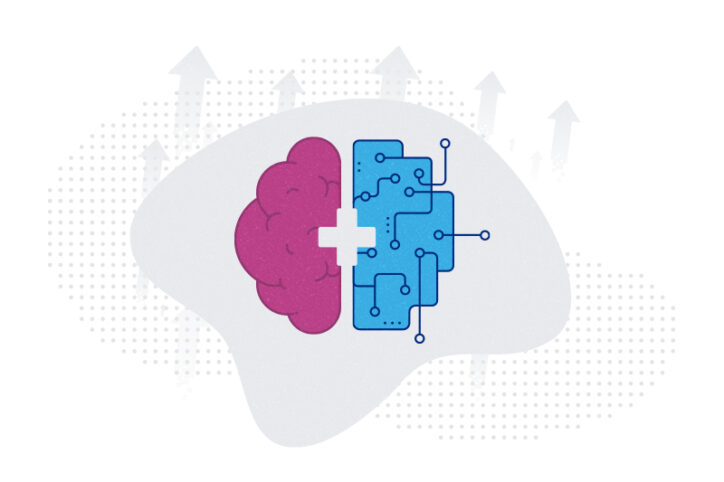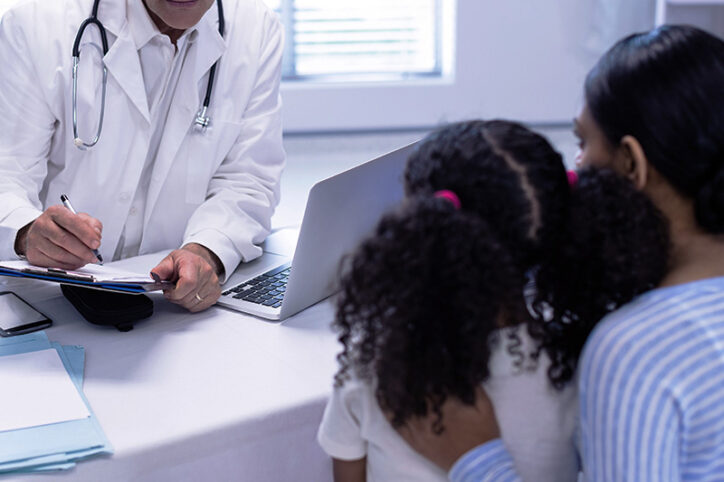Archive for Nancy Fliesler
Modifying macrophages in the lung could head off pulmonary hypertension
In the 1980s, when Stella Kourembanas, MD, began her career in neonatology, she cared for newborns with pulmonary hypertension, a disease that results in abnormally high blood pressure in the lung arteries and can lead to heart failure. Since then, treatments like inhaled nitric oxide, new vasodilators, new modalities of mechanical ventilation, and extracorporeal membrane ... Read More about Modifying macrophages in the lung could head off pulmonary hypertension
A new tool could exponentially expand our understanding of bacteria
How do bacteria — harmless ones living in our bodies, or those that cause disease — organize their activities? A new study, combining powerful genomic-scale microscopy with a technical innovation, captured which genes bacteria turn on in different situations and in different spatial environments. The technology, described January 23 in Science, promises to take the ... Read More about A new tool could exponentially expand our understanding of bacteria
Tagged: antibiotics, genetics and genomics, imaging, microbes, microbiome
Bringing order to disorder: Jhullian Alston, PhD
Proteins typically fold into orderly, predictable three-dimensional structures that dictate how they will interact with other molecules. Jhulian Alston, PhD, is drawn to intrinsically disordered proteins, whose key feature is a lack of structure. They are difficult to study and far less explored. “They’re floppy, they don’t have specific folds, they can’t slot into each ... Read More about Bringing order to disorder: Jhullian Alston, PhD
Status epilepticus: What’s changed, what to know, and a global perspective
Status epilepticus, or a prolonged seizure lasting more than five minutes, is a rare complication of epilepsy and a medical emergency that can occur even in people without a diagnosis of epilepsy. If not treated quickly, it can cause brain damage, lifelong complications, and even death. “A prolonged seizure is a race against time to ... Read More about Status epilepticus: What’s changed, what to know, and a global perspective
Tagged: emergency medicine, epilepsy, neurology, research, seizures
Phenylketonuria: Giving treatment a second chance
Phenylketonuria (PKU) was once a common cause of intellectual disability. Children born with this metabolic condition lack phenylalanine hydroxylase (PAH), the enzyme needed to break down the amino acid phenylalanine (phe). Instead, phe builds up to levels harmful to the brain. PKU was the original condition tested for when newborn screening was piloted in Massachusetts ... Read More about Phenylketonuria: Giving treatment a second chance
Tagged: genetics and genomics, metabolism, rare disease
Could we cure or prevent food allergy by targeting an intestinal protein?
When is food simply nourishing and enjoyable, and when does it provoke an allergic reaction? The answer appears to lie in the balance of microbes that live in our intestine — and a specific protein secreted by intestinal goblet cells that influences that balance. Excess amounts of this protein, RELMß, change the profile of intestinal ... Read More about Could we cure or prevent food allergy by targeting an intestinal protein?
Tagged: allergy, immunology, immunotherapy, microbiome
Blood across our lifetimes: An age-specific ‘atlas’ tells a dynamic story
The stem cells that form our blood, also known as hematopoietic stem cells (HSCs), are with us throughout our lives. A new study reveals how HSCs ramp up and pivot their activities depending on the body’s needs at the time, from before we’re born until old age. Researchers at Dana-Farber/Boston Children’s Cancer and Blood Disorders ... Read More about Blood across our lifetimes: An age-specific ‘atlas’ tells a dynamic story
Tagged: blood, blood disorder, cancer, leukemia, stem cells
AI-enabled medical devices are burgeoning, but many haven’t been tested in children
Medical devices that incorporate artificial intelligence and machine learning are proliferating. In 2013, the FDA approved fewer than 10 such devices; by 2023, this number had grown to nearly 250. Devices include software to help interpret radiology images, wearable devices that monitor the heart and flag risks, and devices that analyze brain signals for potential ... Read More about AI-enabled medical devices are burgeoning, but many haven’t been tested in children
Changing lives through genetics: The Children’s Rare Disease Collaborative
A 14-year-old girl was having back pain after a car accident and visited an orthopedic clinic at Boston Children’s Hospital. In the course of her care, she joined the Children’s Rare Disease Collaborative (CRDC), a hospital-wide effort to enroll children and adults with rare diseases in genetic studies. Genetic testing revealed that both she and ... Read More about Changing lives through genetics: The Children’s Rare Disease Collaborative
Tagged: diagnostics, genetics and genomics, rare disease, research
Model enables study of age-specific responses to COVID mRNA vaccines in a dish
mRNA vaccines clearly saved lives during the COVID-19 pandemic, but several studies suggest that older people had a somewhat reduced immune response to the vaccines when compared with younger adults. Why? Researchers at Boston Children’s Hospital, led by Byron Brook, PhD, David Dowling, PhD, and Ofer Levy, MD, PhD, found some answers — while providing ... Read More about Model enables study of age-specific responses to COVID mRNA vaccines in a dish
Tagged: coronavirus, immunology, infectious diseases, vaccines


